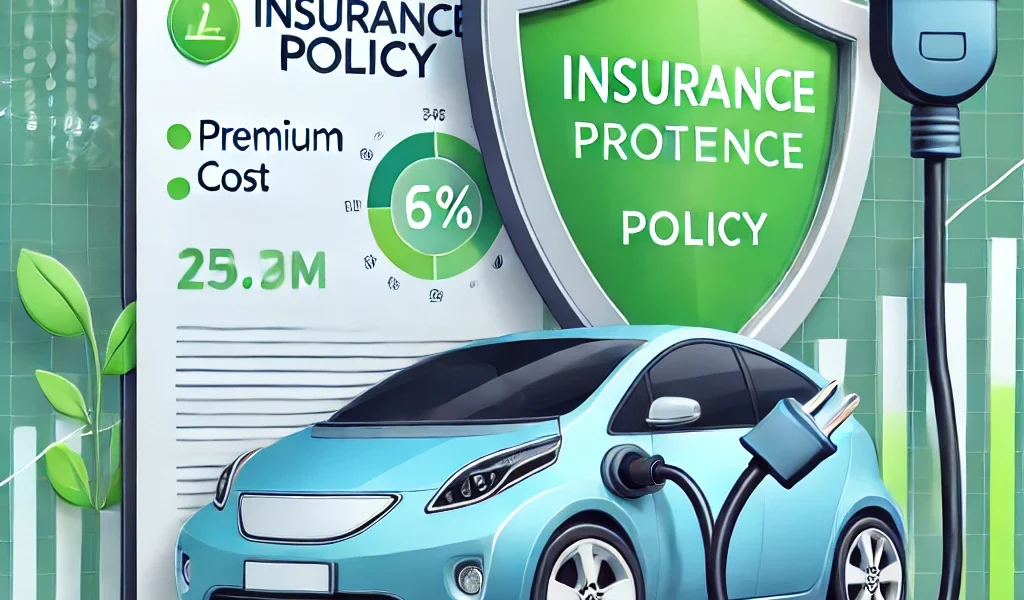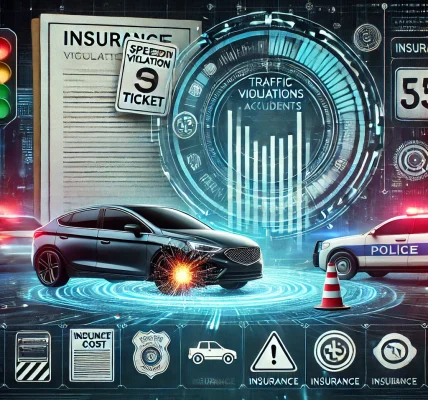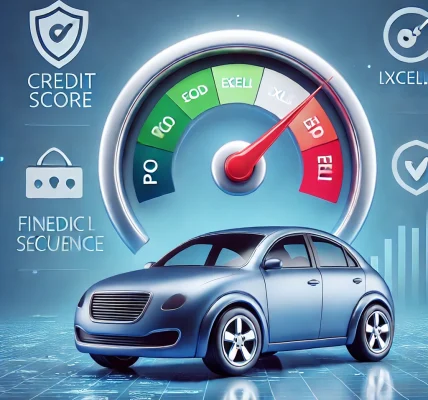Electric vehicles (EVs) are rapidly gaining popularity due to their eco-friendliness, lower operational costs, and government incentives. However, when it comes to car insurance, EV owners often find themselves navigating a different landscape compared to traditional gasoline-powered vehicles. Understanding the nuances of EV insurance can help you make informed decisions, save money, and ensure you have adequate coverage.
This comprehensive DIY guide will walk you through everything you need to know about insuring your electric vehicle, from understanding coverage types to cost-saving strategies.
1. Why Is Car Insurance for Electric Vehicles Different?
While insuring an EV is similar to insuring a traditional car in many ways, there are distinct factors that can impact coverage options and costs. Here’s why EV insurance differs:
- Higher Repair Costs – EVs have specialized parts such as battery packs and electric drivetrains, which can be expensive to repair or replace.
- Battery Replacement Concerns – Since batteries are the most costly component of an EV, some insurers offer separate coverage for battery damage or degradation.
- Limited Repair Centers – Fewer certified repair shops and technicians for EVs can lead to higher labor costs.
- Government Incentives – Some insurers offer special discounts or incentives for insuring EVs to promote green transportation.
- Risk Assessment Differences – EVs are generally considered safer due to advanced safety features, but their quiet nature can sometimes increase pedestrian accident risks.
2. Types of Insurance Coverage for Electric Vehicles
To ensure complete protection, EV owners should consider the following types of coverage:
a) Comprehensive Coverage
This covers damage to your EV due to non-collision incidents like fire, theft, vandalism, or natural disasters.
b) Collision Coverage
Pays for damage to your EV in case of an accident with another vehicle or object, regardless of fault.
c) Liability Coverage
Covers damages or injuries caused to others if you are at fault in an accident. This is legally required in most places.
d) Battery Coverage
Some insurers provide separate battery coverage to protect against battery failure, damage, or degradation over time.
e) Roadside Assistance
EV owners should consider policies that offer roadside assistance specifically for battery-related breakdowns, such as emergency charging or towing to the nearest charging station.
f) New Technology Coverage
Some insurers offer coverage for EV-specific technology like autonomous driving software, in case of malfunctions.
3. How Much Does EV Insurance Cost?
EV insurance typically costs more than insuring a gasoline vehicle. Factors influencing the cost include:
- Vehicle Make and Model – Luxury EVs like Tesla tend to have higher insurance costs than budget-friendly EVs like the Nissan Leaf.
- Battery Replacement Costs – Since batteries are expensive, insurers may charge higher premiums.
- Safety Features – Many EVs come with advanced driver assistance systems (ADAS), which may reduce insurance costs by minimizing accident risks.
- Driving Habits – Annual mileage, location, and usage patterns influence premium rates.
Estimated Cost Comparison
On average, EV insurance premiums can be 10-30% higher than those for gasoline vehicles. However, this varies by model, insurer, and region.
4. How to Save on EV Insurance Costs
a) Compare Multiple Quotes
Since insurance costs vary by provider, get quotes from multiple companies to find the best rate.
b) Take Advantage of EV-Specific Discounts
Some insurers offer special discounts for electric vehicle owners, such as:
- Green vehicle discounts
- Low-mileage discounts
- Safe driver programs
c) Bundle Policies
Combine your EV insurance with home or renter’s insurance to get multi-policy discounts.
d) Choose a Higher Deductible
Opting for a higher deductible (the amount you pay out-of-pocket before insurance kicks in) can lower your premium. Ensure that the deductible is an amount you can afford in case of an accident.
e) Improve Your Credit Score
A good credit score can positively impact your insurance premium in many states.
f) Install Anti-Theft and Safety Features
Since EVs have high-tech security features, informing your insurer about them can help you qualify for lower rates.
g) Enroll in a Usage-Based Insurance Program
Some insurers offer telematics-based policies where your driving habits are monitored. Safe driving can lead to discounts.
5. How to Choose the Best EV Insurance Provider
Factors to Consider:
- Coverage Options – Ensure the insurer offers specialized coverage for EVs, including battery protection.
- Premium Costs – Compare premium rates among different providers.
- Claim Process and Customer Service – Check reviews to see how efficiently the company processes claims.
- Discount Availability – Look for insurers that offer EV-specific discounts.
- Reputation and Financial Stability – Choose a reputable insurance company with strong financial backing.
Top Insurers Offering EV Coverage
Some well-known insurance providers that offer specialized EV insurance include:
- Progressive
- Geico
- State Farm
- Allstate
- Nationwide
6. Future Trends in EV Insurance
As electric vehicles continue to gain traction, the insurance industry is adapting with new policies and pricing models. Future trends include:
- Usage-Based Pricing – Insurers may increasingly adopt pay-per-mile insurance models for EV owners.
- Improved Repair Networks – More repair shops specializing in EVs could lead to reduced repair costs.
- Enhanced Battery Coverage – With advances in battery technology, insurers may offer better policies for battery replacements.
- Autonomous Vehicle Coverage – As self-driving technology progresses, insurers will refine policies to account for AI-driven accident liability.
7. Common Myths About EV Insurance
Myth 1: EV Insurance is Always Expensive
While EV insurance can be costlier than traditional car insurance, discounts and incentives can help offset the higher premiums.
Myth 2: All Insurance Companies Offer the Same Coverage
Not all insurers offer specialized coverage for EVs, so it’s essential to choose a provider that caters to electric vehicles.
Myth 3: EV Batteries Aren’t Covered
Many insurers now offer dedicated battery coverage, ensuring financial protection in case of damage or degradation.
Myth 4: EVs Have More Accidents
EVs are equipped with advanced safety features, and some models have lower accident rates compared to traditional cars.
Conclusion
Insuring an electric vehicle comes with unique considerations, from battery protection to specialized repair costs. By understanding the factors that influence EV insurance rates and taking advantage of available discounts, you can secure the right coverage at an affordable price.
If you own an EV or are planning to buy one, comparing different insurance policies and providers is crucial for getting the best deal. As the EV market continues to grow, insurance policies will evolve to offer more competitive rates and tailored coverage options.
By following the DIY steps in this guide, you can confidently navigate the world of EV insurance, protect your investment, and enjoy the benefits of owning an electric vehicle without overpaying for coverage.


